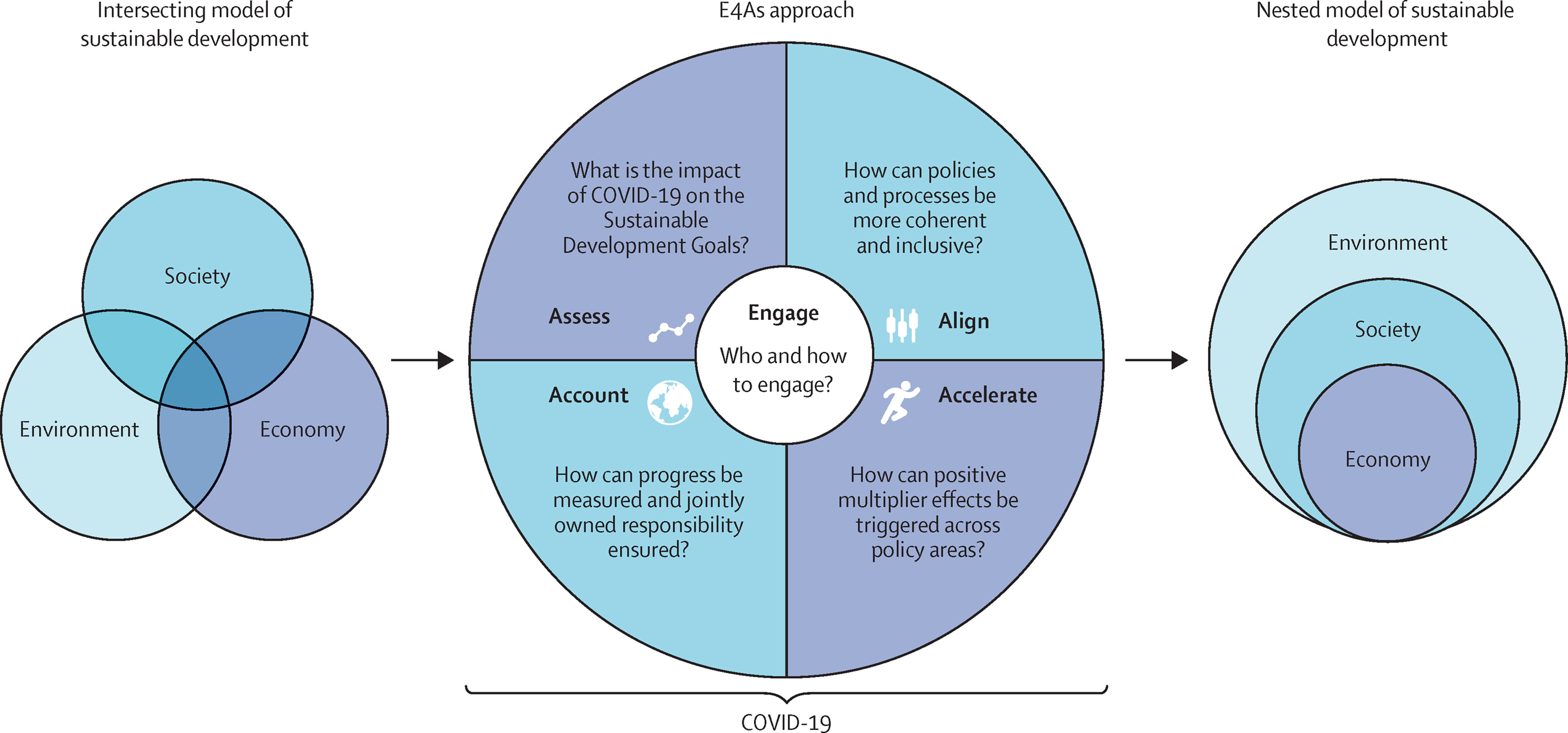National Sustainable Development Strategies (NSDS) form a fundamental pillar in implementing the Sustainable Development Goals (SDGs). The SDGs were designed with a universal scope, yet their realization heavily relies on national and local action. This is where NSDS come into play, translating the global vision into local reality.
NSDS are strategic, comprehensive policy frameworks that countries develop and implement to promote sustainable development at the national level. They reflect the economic, social, and environmental realities of each country, taking into account their unique challenges, opportunities, and resources. Thus, NSDS allows each country to tailor the SDGs to its own context, ensuring they address the most pressing issues.
The process of creating and implementing NSDS also encourages stakeholder participation and promotes cooperation across different sectors. It fosters a sense of ownership and commitment among stakeholders, vital for the successful realization of the SDGs. For instance, NSDS might call for collaboration between the private sector, civil society, and government to tackle SDG 13, "Climate Action," by reducing carbon emissions or investing in renewable energy sources.
Moreover, NSDS often include mechanisms for monitoring and evaluating progress towards sustainable development. This aligns with SDG 17, "Partnership for the Goals," which emphasizes the importance of accountability and data-driven decision-making in achieving the SDGs. Monitoring and evaluation mechanisms embedded within NSDS ensure continuous learning and adjustment, which is crucial in addressing the dynamic and complex nature of sustainable development.



